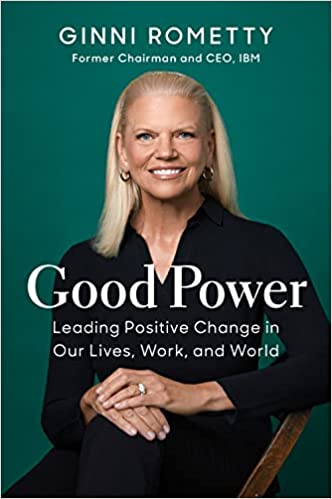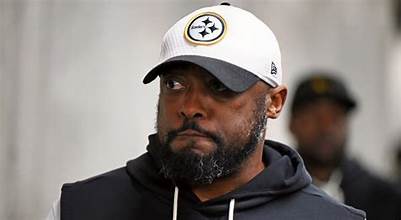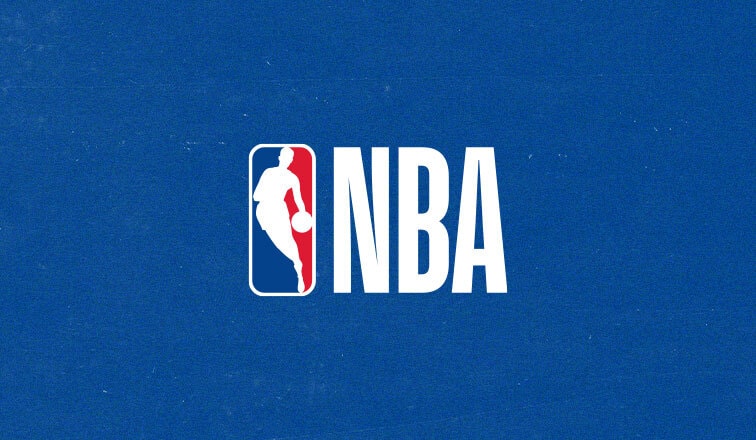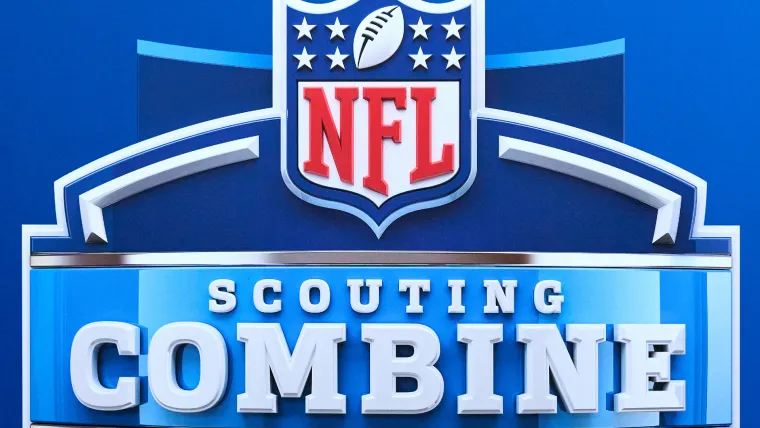
What I didn’t anticipate was having to go back to graduate school to get two other master’s degrees because I believed they would give me more skills and knowledge to continue being of value to an employer so I would keep getting paid. Without going to graduate school, my career was looking quite limited in terms of fulfilling opportunities and pay.
Earning two master’s degrees kind of worked, but not in any sort of spectacular way. I don’t have a yacht or Jaquar nor a mansion on Lake Norman.
Things got too real
During this non-descript odyssey things turned all too real a few years ago I found out either I wasn’t good at my job, or not liked (can you imagine?), or not ranked high enough for the amount of money I was getting paid, or all of these, and was let go. The degrees I had didn’t seem to matter at all.
Kicked to the street, I had to re-skill yet again, learn all about digital marketing after decades in the public relations and journalism professions. Knowing all about the latter didn’t help me understand the former, which offered more job opportunities in my new town.
Staring over — again
In my mid-50s, I had to start my career over.
Again.
Tired and beaten up, I didn’t want to have to learn a whole bunch of new skills, read books, take courses, admit I lacked skills to land a job. Naively, I thought I had enough education and was frustrated that all my schooling had not made me immune to having to re-skill later in my career in order to land a solid-paying job.
I did this extra work because I had to — not because I wanted to. Lame cranky old man, I know.
It was hard, embarrassing, humbling and frustrating. It is the way the business world works: relentless, unforgiving, dispassionate. If you can’t provide what is needed, you have to figure out how you can, what skills you need to acquire, and tough it out. The career grind feels endless. Thankfully, it ends eventually although I’ve got plenty of grinding left to do.
What all this has to do with a new book
This is the context from which I started reading a new book by Ginni Rometty, former chairman and CEO of IBM, titled Good Power: Leading Positive Change In Our Lives, Work, and World.
Big takeaway: To do many of the jobs needed in the modern economy you don’t need a college degree. You need skills.
This saddened me. Thirty-eight graduate school classes, who knows how many as an undergraduate, and she’s stressing that skills – not academic degrees or courses – are often more important. Why did I bother?
Makes me wonder why after high school I didn’t just go a community college and start learning how to write software programs and did that for a career and would not have had to spend tens of thousands on college tuitions, not to mention the hundreds of thousands I paid for my three kids to get their college degrees.
The book made me rethink all those decisions I made to get more schooling and whether it was time and money well spent. Seems debatable. Maybe not worth the money.
Doesn’t it seem everybody’s re-thinking the big issues these days, whether college is worth paying for, how important careers should be, and all sorts of social tensions we all know about?
Sobering truths
Compounding all this is this sobering truth that none of us can get away from and have to confront even if we’re frustrated that all our academic credentials haven’t made us millionaires nor eliminated financial pressures from our lives. The author refers to a book titled Deaths Despair and the Future of Capitalism that looks into the escalating death rates for middle-age white people in America. The three main causes are suicides, drug overdose, and alcoholic liver disease – called the “deaths of despair.”
Not surprisingly but still chilling, almost all the people who die from deaths of despair lack a four-year degree. Equally alarming, the death rate for this group is rising.
“Those without a degree are seeing increases in their levels of pain, ill health, and serious mental distress, and declines in their ability to work and socialize,” the authors of the book on despair write. Both are Princeton University professors.
This fact is sobering. And so is this finding disclosed in Rometty’s book from the U.S. Census Bureau’s American Community Survey. In a typical white family in America, the average national net worth totals $171,000; a black family’s net worth in this country is far lower — $17,000. Sure doesn’t sound fair, and I feel ashamed I don’t appreciate what I have more than I do.
Why do income disparities persist?
Why does this income problem persist? The answer, Rometty asserts, is companies have for far too long practiced over credentialing — “degree inflation.” Simply stated, the companies require too many workers to have a college degree to do jobs that don’t require one.
Employers use a degree as a prerequisite for a job qualification to quickly filter out thousands of potentially qualified candidates creating a “false barrier into the workforce for millions.”
“It’s tempting to think that obtaining a college degree is the only key to higher pay and better livelihoods for more people. Not so. While college is the right route for many, it’s definitely not the sole, or even the most effective, solution to help bridge income equality for everyone. College degrees aren’t even necessary to succeed in many higher-paying jobs available today.”
Employers have been adding college degrees as a minimum requirement for jobs that once didn’t require them, yet nothing about the jobs had materially changed, and minorities have been the primary victims of this.
Rometty criticizes colleges and universities for not treating the skills divide as their problem. Instead they believe skills training is the responsibility of high schools and community colleges.
Most Americans don’t have college degrees
There’s more troubling data to unpack here. According to the Census Bureau’s Current Population Survey, some 62 percent of people in the U.S. over the age 25 don’t have a bachelor’s degree or higher.
Yet there simply isn’t enough time, the author writes, for huge numbers of people to get a college degree given current demands on our economy.
“So many people need better jobs now, and technology is changing so fast, that neither they nor businesses nor economies can afford to wait for millions of people to go to college.”
I can relate. In my 37 years in the workforce, I’ve had to constantly learn new computer skills, software packages, smartphone applications and on and on – and I don’t excel at this nor like it. Just keeping up with the avalanche of new technologies has been persistently stressful for me and I’m sure many workers no matter how many degrees they have or don’t have.
SkillsFirst program designed to help
To address these systemic problems, the IBM executive has embarked on a national mission to help more people without college degrees get training and skills needed to land and succeed in jobs that enable them to support a family and make a comfortable living. As part of this, she’s championing a program called SkillsFirst that collaborates with businesses, communities, community colleges and others on helping people particularly minorities without college degrees find pathways through training to get solid-paying jobs.
“Societies that value life-long learning and skills over just degrees open the workforce to millions of underrepresented people. Good power at scale can help build belief in a movement; co-create new solutions; let go of what’s wrong; and modernize what’s right.”
I admire this woman’s passion for helping people find jobs who otherwise would have been blocked from doing so. It’s a noble cause and I know how much dignity a person feels when they have a good-paying and fulfilling job even when it’s demanding and stressful which is so often the norm.
But she also puts all college graduates such as me on notice that just because I have a college degree doesn’t mean the business world needs what I have to offer.
Skills, skills, skills
They want skills. No one cares what I learned as an English major as an undergraduate. No one in the company I work for has any interest in what courses I took in an MBA program to earn that degree.
All they care about is what skills I have to help them serve customers better so they can grow their business. It’s a cold and blunt world that way.
The world commands: just give me what I want. Don’t tell me how educated you are. Spare me your list of credentials. Solve my problems. And be quiet.
On the positive side, I will say that being academically credentialed has given me some confidence that I can learn whatever skills I need as technology needs change and I need to deliver different types of capabilities.
But this is about what’s best for everyone. And I think that’s a good job and comfortable life making contributions. That’s what people want and need.
Let’s support this executive for tackling a massive societal issue head on even if it makes me wonder why I kept getting more and more academic degrees thinking that would prevent me from having to keep learning new things.
Life isn’t that way if you want to stay relevant and make a contribution.
And get paid.
I’d like to be able to tell you this book inspired me to find ways to help more people get jobs who don’t have college degrees. I’m at a stage in my life when I should be giving more back to the community.
But honestly, I’m still worried about holding on to my job and making sure I have skills that will motivate my employer to keep paying me so I have enough saved for retirement.
As inequitable as situations are, often over credentialed people also have plenty to worry about. Life is tough for all of us. We do what we feel we can do. Day by day. Sometimes it’s enough. Sometimes not.
Life is hard. Probably harder for others who couldn’t afford to get a college degree or weren’t encouraged to do so.
But it’s still hard.
For everybody.
Author Profile

-
Sammy Sportface, a sports blogger, galvanizes, inspires, and amuses The Baby Boomer Brotherhood. And you can learn about his vision and join this group's Facebook page here:
Sammy Sportface Has a Vision -- Check It Out
Sammy Sportface -- The Baby Boomer Brotherhood Blog -- Facebook Page
Latest entries
 BonusJuly 21, 2025One Time Rudy Said to Sportface…
BonusJuly 21, 2025One Time Rudy Said to Sportface… BonusJuly 19, 2025New Top Album Names – All-Time
BonusJuly 19, 2025New Top Album Names – All-Time BonusJuly 18, 2025Why AI is Scary – and What’s Likely to Happen
BonusJuly 18, 2025Why AI is Scary – and What’s Likely to Happen BonusJuly 16, 2025Sportface Gets Svelte, Chicks Can’t Stop Checking Him Out
BonusJuly 16, 2025Sportface Gets Svelte, Chicks Can’t Stop Checking Him Out







